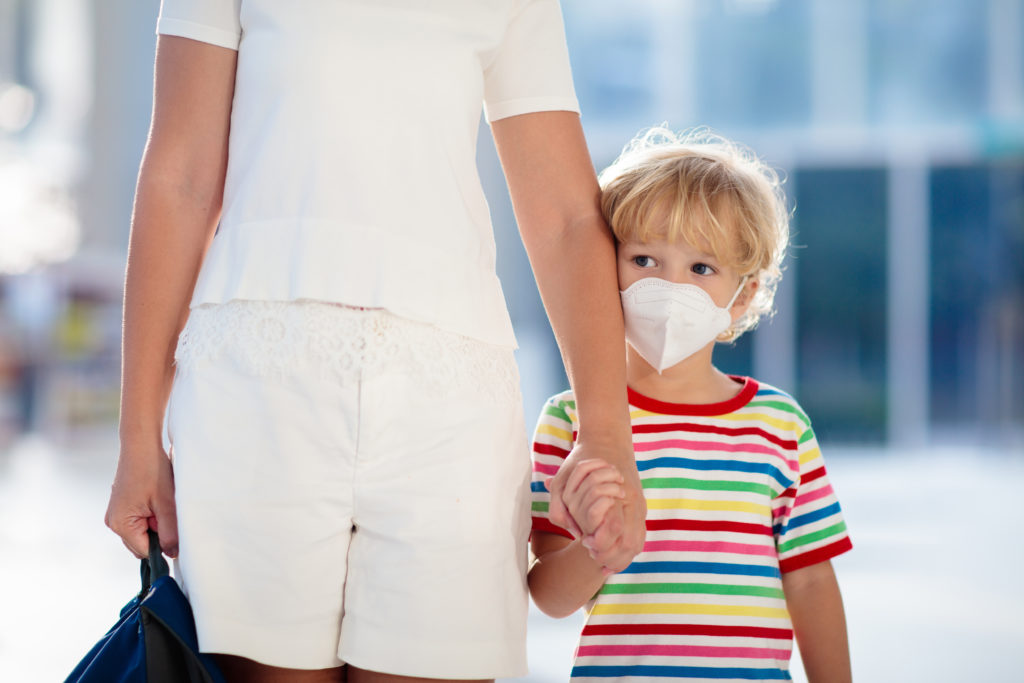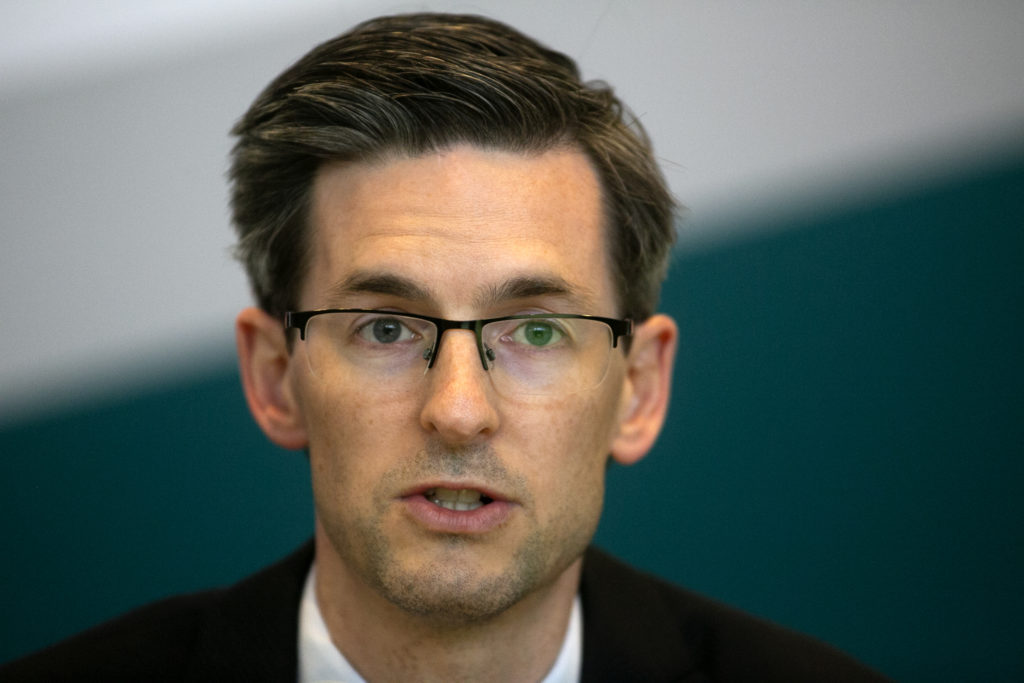IRELAND'S LEADING health expert has warned it is 'not possible' to eliminate coronavirus in the country 'as things currently stand'.
Dr Ronan Glynn, Acting Chief Medical Officer for the Department of Health, spoke at a press briefing yesterday evening where he admitted that a Covid-zero approach would not work.
"Unfortunately,I don't believe that it's possible to eliminate this disease from our country as things currently stand," Dr Glynn told reporters.
"We have to learn to live with the threat of it."
Right now, the National Public Health Emergency Team (NPHET) strategy was to "protect our priorities", by making some sacrifices to ensure children can safely return to school.
New measures announced last week, which include no more than six people allowed to gather in an indoor setting, were introduced "to decrease congregations in some settings, because we want to protect our ability to congregate in other settings," he said.
 Ireland's children are set to return to school, some as early as this week.
Ireland's children are set to return to school, some as early as this week."So we want to protect the ability for children to congregate in schools, protect the ability for people to go and to use our healthcare services and to protect the most vulnerable across the society, but we can only do that if we can all act collectively together".
Dr Glynn was speaking yesterday following the announcement of 147 new cases of Covid-19, a sustained increase in cases bringing Ireland's total to 28,116.
There were no further deaths reported; Ireland's death toll remains at 1,777.
Of the new cases, 71% were identified in people under the age of 45.
Almost half of the new cases were identified in one county, with 73 in Dublin, 17 in Kildare, 12 in Offaly, 11 in Wicklow, 9 in Limerick, and the remaining 25 cases spread across Carlow, Clare, Cork, Donegal, Galway, Laois, Louth, Meath, Monaghan, Tipperary and Wexford.
Despite the rise in cases across the country, Dr Glynn set out to assure parents and the public that schools can reopen safely.
"Evidence from the ECDC and international experience to date suggests that children do not commonly transmit COVID-19 to other children or adults in school settings," Dr Glynn said.
"Internationally, where schools have been reopened, schools have not been a significant driver of community transmission.
"We all have a role to play in keeping this virus at low levels – this is key to protecting our education system over the coming weeks."
 Dr Ronan Glynn, Acting Chief Medical Officer, said "we all have a role to play in keeping this virus at low levels" (Photo: Sam Boal/RollingNews.ie)
Dr Ronan Glynn, Acting Chief Medical Officer, said "we all have a role to play in keeping this virus at low levels" (Photo: Sam Boal/RollingNews.ie)Also at the panel were multiple other public health experts, with Dr. Cillian De Gascun, Director of the National Virus Reference Laboratory, stating the National Public Health Emergency Team would be searching for 'alternative testing methods' for children to avoid repeated swab tests.
"We know that children can get multiple respiratory tract infections over the winter period and as a result could require repeated swab tests," he said.
"Therefore, NPHET, HSE and NVRL are continuing to assess alternative testing methods for children."
Dr Siobhán Ni Bhriain, Consultant Psychiatrist and Integrated Care Lead HSE, said "there will be cases in school aged children just as there have been throughout the pandemic," but "when these occur, our public health teams will lead the response to limit further transmission- as has been the case in other settings throughout this pandemic."
Giving advice to parents ahead of their children's return to school, Dr. Mary Favier, President of the Irish College of General Practitioners, said:
"Parents should remain vigilant around symptoms and keep their children isolated at home if they are experiencing fever, cough, shortness of breath, flu like symptoms, loss of taste or smell.
"Parents should also remain aware of asymptomatic transmission - like some adults, children may not present symptoms but can still carry the virus.
"If you have vulnerable people in your limited network, ensure physical distancing is adhered to and encourage regular hand washing habits with your child."

